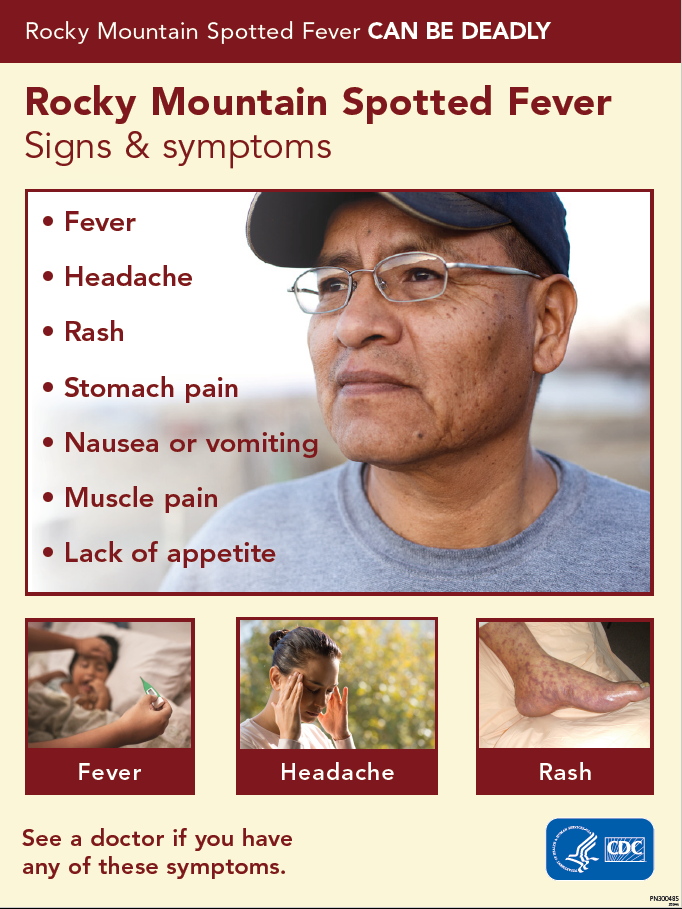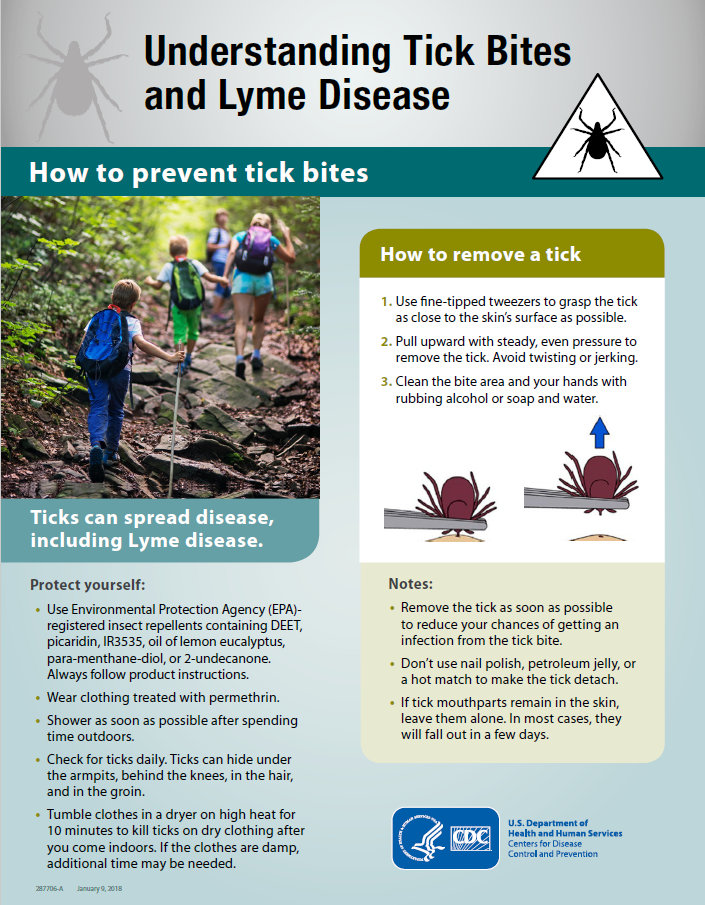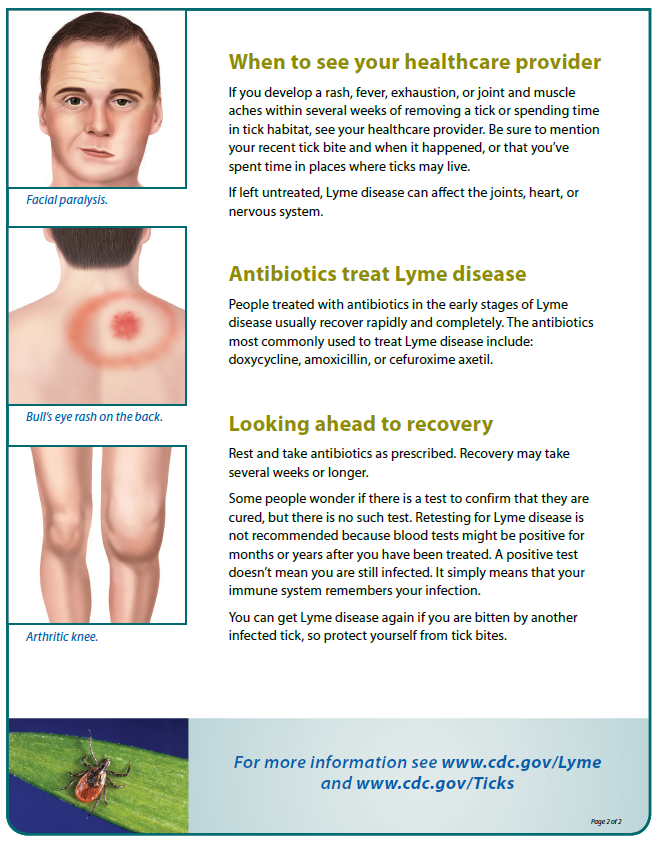
Our mission is to achieve and maintain optimum personal and community health by emphasizing health promotion, disease prevention, and environmental protection.
Virginia COVID Information Center
VaccineFinder helps you find clinics, pharmacies, and other locations that offer COVID-19 vaccines in the United States.
To find and schedule a COVID vaccination appointment
Please click on the following link:
Registration
You may search for a location that is closest to your home by typing in your zip code and how far you are willing to travel from your home. That will bring up all of the available clinics and dates for you to choose from. Once you have located the clinic date and location that you want just click on the registration link and complete the information.
After you have completed all of the registration and you get to the "review" page, please make sure that you go to the bottom of the page and continue. You should then see the page that confirms your appointment time and date, plus you will get an email confirmation of your appointment. If you do not see the appointment confirmation date and time and you don't get a confirmation email, then something went wrong and you haven't completed the registration process.
Pfizer and Moderna are now approved for individuals aged 6 months and older. Please contact your local health department for availability.
If you have any problems with scheduling your appointment, please feel free to call your local Health Department- we will be glad to assist you with scheduling your appointment
Mecklenburg County Health Department- 434-738-6545
Halifax County Health Department- 434-476-4863
Brunswick County Health Department- 434-848-2525
If you do not have internet access or can not schedule your appointment online, please call us at your local Health Department and we will schedule an appointment for you.
It is important to remain vigilant in COVID-19 prevention. Continue to protect yourself and others: get vaccinated and wash your hands, if cannot get vaccinated: wear a mask and stay at least six feet away from others.
Click here for VDH’s frequently asked questions: www.vdh.virginia.gov/covid-19-faq/
****************************************************************************
Click Here for more COVID-19 information.
Follow us on Facebook to stay up to date on COVID and other health department news.
It's SUMMER and TICKS are HERE! Be prepared and aware:
- Lyme disease is the most commonly reported tickborne illness. It is transmitted by the bite of a tick infected with Borrelia bacteria. Ticks known to carry Borrelia bacteria include the blacklegged (deer) tick in the Eastern US and the western blacklegged tick on the Pacific Coast. There is no evidence that Lone star ticks, American dog ticks, Rocky Mountain wood ticks, or brown dog ticks are responsible for the transmission of Lyme disease.
- Rocky Mountain Spotted Fever is the second most commonly reported tickborne illness. It is transmitted by the bite of a tick infected with Rickettsia rickettsii. Ticks known to carry Rickettsia rickettsii include American dog ticks, Rocky Mountain wood ticks, and brown dog ticks.
- Most cases of tickborne illnesses occur in the summer months, with cases peaking in June and July. Ticks do not fly or jump. Rather, they typically wait for a suitable host on the tips of shrubs and grasses. Transmission of tickborne illnesses generally occurs after a tick has been attached for at least 24 hours. To avoid tick bites, wear long pants and tall socks. Perform daily tick checks. Shower or bathe within 2 hours of being outside for an extended period of time. Put clothes in the dryer on high heat to kill any remaining ticks. Use EPA-registered tick repellants.
- Symptoms common to all tickborne illnesses include a rash around the bite site, fever, headache, and joint or muscle pain. If you experience any of these symptoms following a tick bite, seek medical attention.




